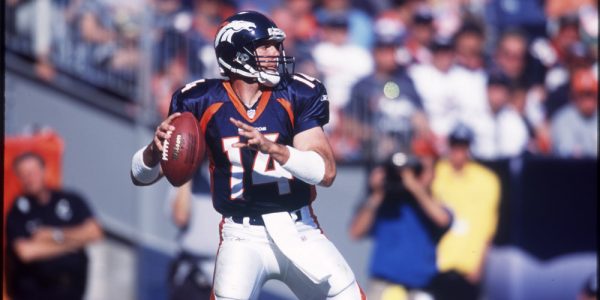The Denver Broncos didn’t have the best of offseasons following their Super Bowl win, including the loss of two quarterbacks and some key players on defense, which puts them in a very likely position to be the 14th team to miss the playoffs following a Super Bowl win in the 16-game NFL season era.
1980: Pittsburgh Steelers, 9-7
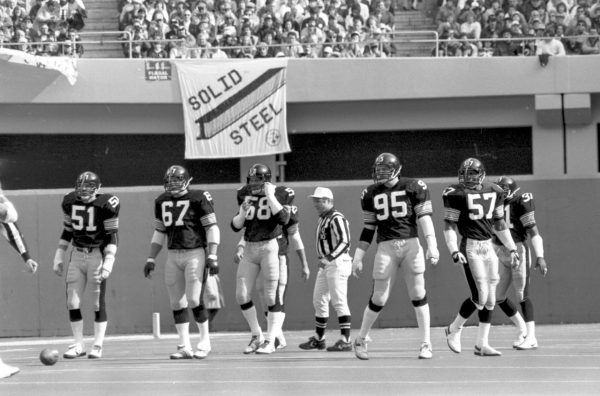
The end to the Steelers dynasty came in 1980, missing the playoffs for the first time since 1971, as Franco Harris and the defense got old, no longer carrying a slinging Terry Bradshaw. The Steelers losses to Buffalo in week 12, followed by a loss to Houston two weeks later, are regarded by many as the end of the franchise’s 70’s golden age.
1981: Oakland Raiders, 7-9
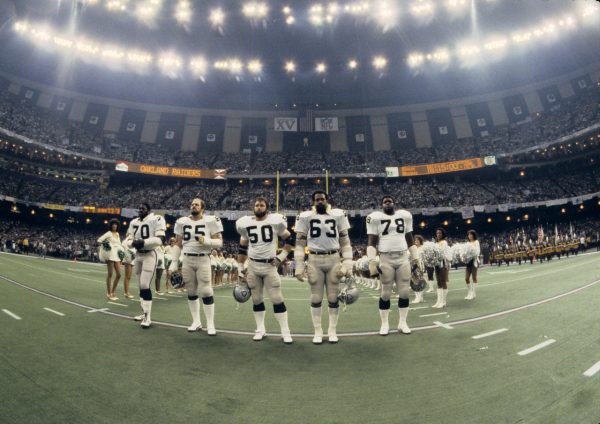
Following their Super Bowl win over the Philadelphia Eagles, the Raiders produced a poor product, their offense ranking near the bottom of the NFL, including 26th in passing, with 28 interceptions. They were shutout for three consecutive games early in the year, and finished the season last in defensive takeaways, a -16 in the turnover column. It was also their last season in Oakland, and their first losing season after 16 winning seasons.
1982: San Francisco 49ers, 3-6 (Strike)
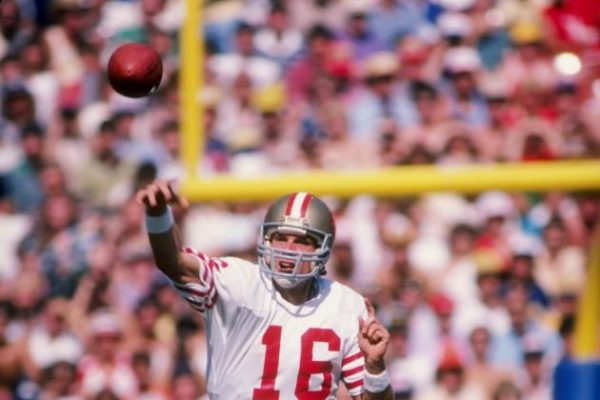
A season shortened by a strike, but it didn’t matter, as the 49ers lost all of their home games, had one of the worst defenses in the NFL and a non-existent running game, while Joe Montana didn’t have the best of seasons too. The season was the only one in an 18 season streak in which the 49ers did not win at least 10 games
1987: New York Giants, 6-9 (Strike)
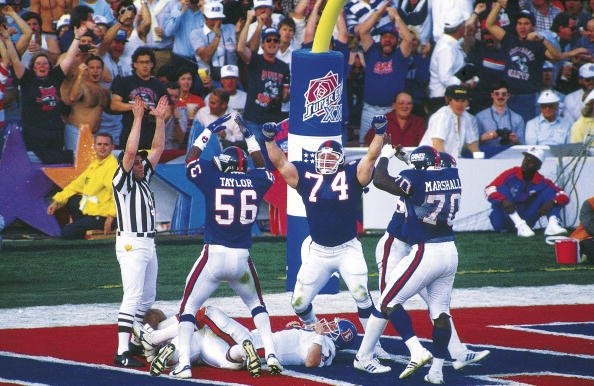
The Giants started the season by losing their opening five games, and the rest wasn’t a lot better. They went 0-3 in the games with replacement players before the NFLPA voted to end the strike. Phil Simms had a good season but played in just nine games, the Giants going 4-5 with him. Their running game was ranked 24th in the league.
1988: Washington Redskins, 7-9
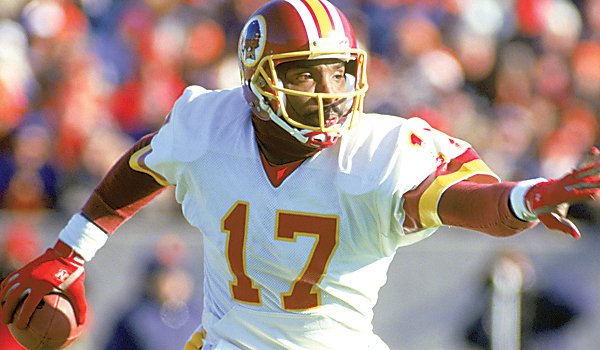
The defending Super Bowl champs had the third worst defense in the NFL and a terrible running game, but their late season collapse is what’s best remembered from their post-Super Bowl win, going 2-6 in the second half of the season, even losing to the 3-13 Dallas Cowboys.
1991: New York Giants, 8-8

In 1991 the Giants became the first franchise to miss the playoffs after a Super Bowl victory more than once, as the ownership situation changed and Bill Parcells retired. Instead of promoting defensive coordinator Bill Belichick, Ray Handley became the head coach, and that didn’t work out very well. In the future the Giants beat Belichick (as the head coach of the Patriots) in two Super Bowls. The Giants were still in the playoff picture in the final month of the season, but losing in weeks 14 through 16 took them out.
1999: Denver Broncos, 6-10
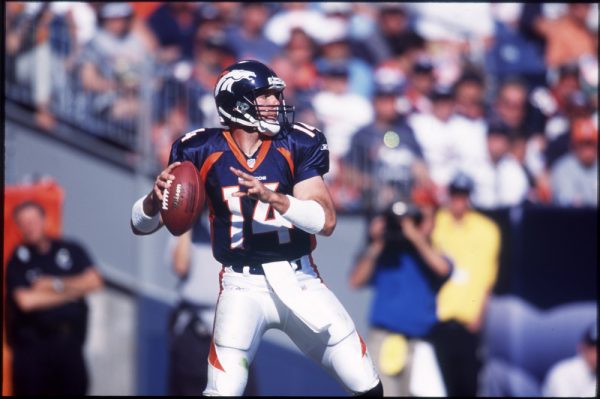
After John Elway retired (two straight Super Bowl victories to give him a warm send off), the Broncos were bound to struggle. They lost the first four games of the season, their first losing season since 1994, the worst season since 1990 the worst record of the five-team AFC West, and the worst season ever for a defending Super Bowl champ. Brian Griese went 4-9 as a starter, Terrell Davis played in just four games and the Broncos also moved from the third easiest schedule in 1998 to the toughest one in 1999.
2002: New England Patriots, 9-7
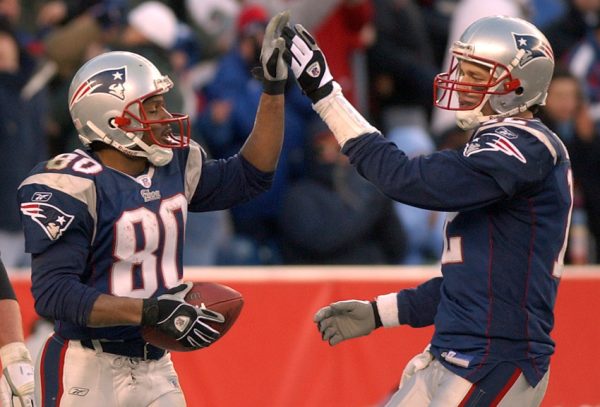
The Patriots moved to Gillette Stadium following their first ever Super Bowl win. They actually were tied with the Jets and Dolphins for the lead in the division, but the Jets won the head to head, making the playoffs. This was the last time the Patriots won less than 10 games a season, and one of only three times in Belichick’s 16 years at the helm without making the playoffs. Their defense couldn’t stop the run, and losing two of their final three games that season killed their playoff hopes.
2003: Tampa Bay Buccaneers, 7-9
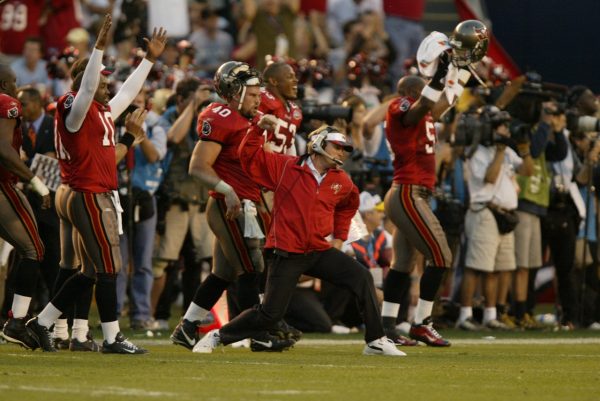
The front office fights between Jon Gruden and Rich McKay didn’t help, while Keyshawn Johnson was deactivated in the middle of the season for his conduct. The team had an injury plague run amok and destroy any hope of building some momentum. In week 16, losing 30-28 to the Falcons (with McKay now working as the Falcons GM), the Bucs were out of the playoffs mathematically.
2006: Steelers, 8-8
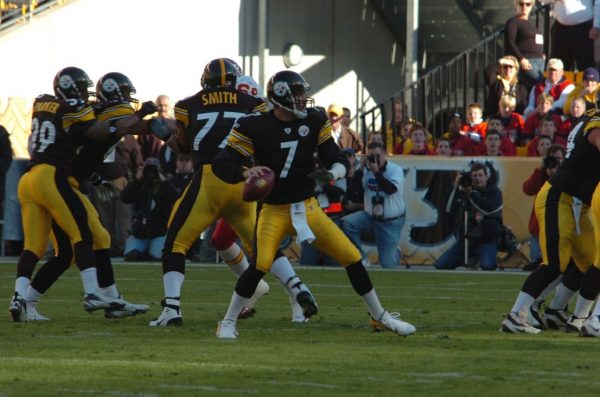
The Steelers lost six of their first eight games before bouncing back, a lot of it having to do with Ben Roethlisberger’s offseason injuries and his too early return to the field. This was also the final season of Bill Cowher as the team’s head coach, a position he held for 14 seasons.
2009: Pittsburgh Steelers, 9-7
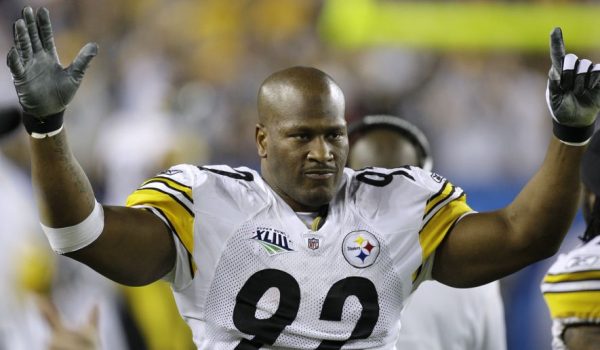
Despite a 6-2 start, the Steelers lost five games in a row from week 10 through 14, including two in overtime, and once to each of their division rivals, losing the tiebreaker to the Ravens in the division and finishing behind them and the Bengals. It marked their third consecutive Super Bowl victory followed by not making the playoffs.
2012: New York Giants, 9-7
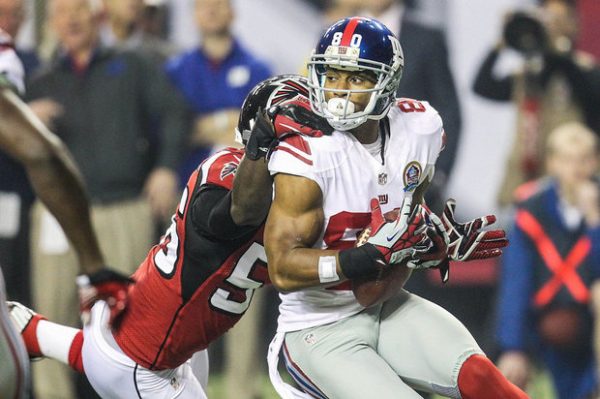
Just like the 2009 Steelers, the Giants started out the season winning six of their first 8 games. Their overall record, 9-7, was the same as in the previous season, but with the opposite kind of momentum. They lost consecutive road games in December, including getting shutout 34-0 by the Atlanta Falcons. Their win on the final day of the season wasn’t enough, as other results didn’t go their way. The Giants still haven’t made the playoffs since their Super Bowl victory in the previous season.
2013: Baltimore Ravens, 8-8
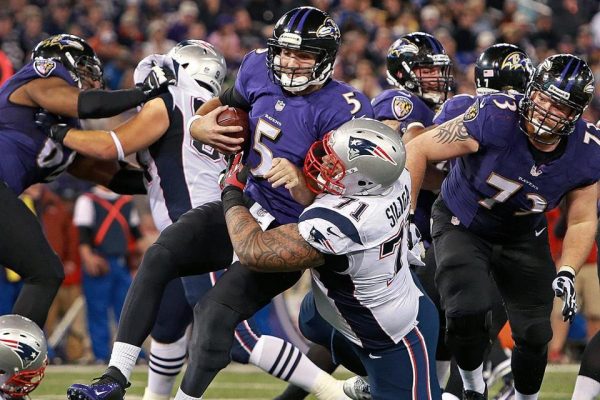
The Ravens lost eight starters from the Super Bowl-winning squad, more than any other Super Bowl winning team, including Ray Lewis not being on the team for the first time since the Browns packed things up and moved to Baltimore. They were 8-6 heading into the final two weeks of the season, but lost 41-7 at home to the Patriots, followed by losing 34-17 to the division winners, the Cincinnati Bengals. This also turned out to be the final time Ray Rice suited up in Ravens uniform.
